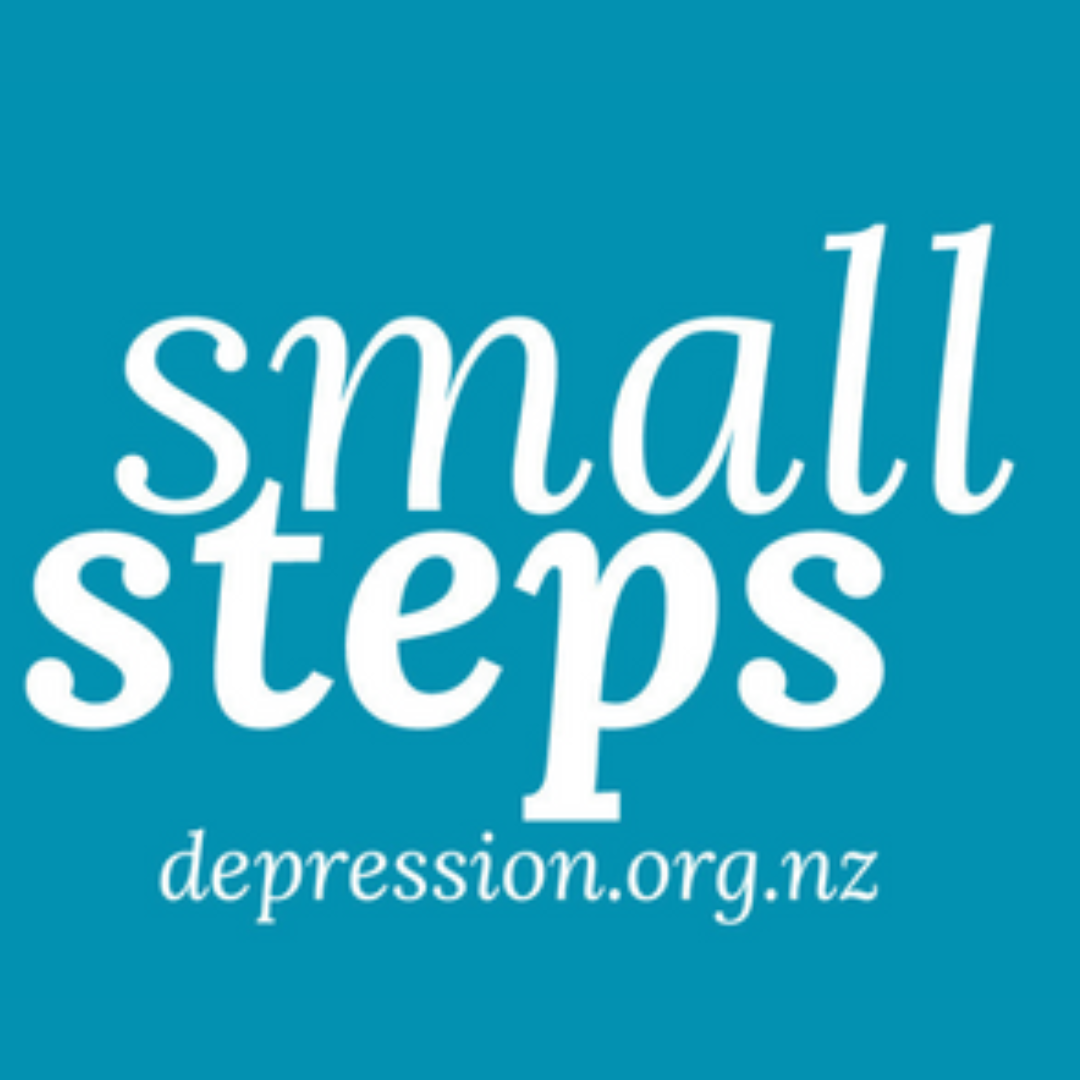History
Saffron has been used for its culinary & medicinal benefits around the globe for over 3000 years. It was used for its therapeutic properties on a wide range of ailments such as mood disorders, insomnia, as a relaxant, eye complaints, skin problems, respiratory issues, menstrual cycle, digestive complaints, tooth ache, in tinctures & tonics. These are just a few of the things ancient civilisations used saffron for.
Science
Research supporting traditional use
Studies and clinical trials have been undertaken to validate the therapeutic properties of saffron.
Antidepressant
Multiple clinical trials have been done on saffron & its constituents for its antidepressant qualities. It's suggested mechanisms of action are neuroprotective effects, antioxidants, anti-inflammatory & serotonergic
Here is a small selection of many trials that have been done on the following groups.
Depression & Anxiety
(2018)
Evaluated evidence from studies found that the effects of saffron were comparable to pharmaceutical anti-depressants, citalopram & imipramine. With saffron having fewer side effects.
Read More
Saffron improved depression and reduced homocysteine level in patients with major depression: A Randomized, double-blind study
(2018)
40 male and females (20-55 years old) diagnosed with severe depression were selected and following filing the Beck form, were randomly divided into two groups. Experimental group was treated with fluoxetine 20 mg/day and saffron 30 mg /day
Conclusion: Saffron has beneficial effects on depression and homocysteine level in patients with major depression.
Read More
Postpartum Depression
(2017)
60 new mothers with mild to moderate postpartum depression took part in a double blind, randomized, and placebo-controlled trial.
The final assessment showed 96% of the saffron group were in remission compared to 43% of the placebo group.
Read More
Mood Disorders
(2017)
128 participants self diagnosed with low mood took part in a randomized, double-blind, placebo-controlled trial for 4 weeks. The focus of this trial was the efficacy of saffron on stress, anxiety, sleep and improving mood in healthy adults.
Read More
Neuroprotective Properties
Research suggests that saffron's efficacy as an antidepressant is potentially due to its anti-inflammatory, antioxidants, neuroendocrine and neuroprotective properties.
Chronic stress levels can lead to oxidative stress/ injury in the hippocampus, which can impair learning and memory. Reducing oxidative stress is an important part of treatment for depression. Crocin found in saffron scavenges free radicals, so may defend cells against oxidative stress- Link
Read More
Saffron Contains
Antioxidants
- Carotenoids- zeaxanthin, lycopene, various α- and β- carotenes, crocetin & glycoside
- Safranal
- Kaempferol
- Flavonoids
Essential Minerals
- Magnesium
- Iron
- Copper
- Calcium
- Zinc
- Amino acids
- Fatty acids



